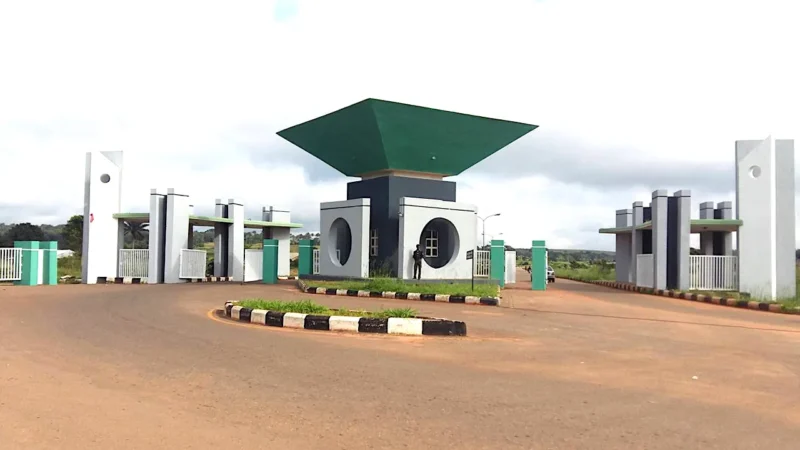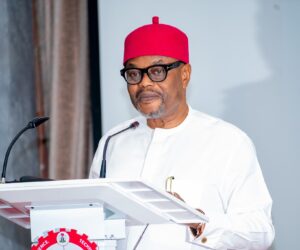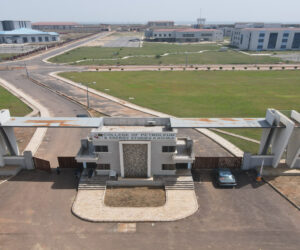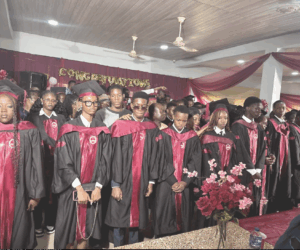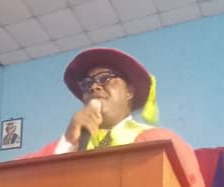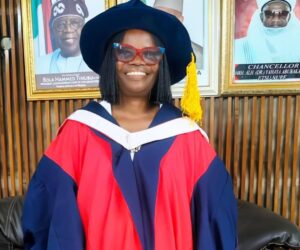From Jude Chinedu, Enugu
The Institute of Maritime Studies, University of Nigeria, Nsukka (UNN), has announced the expansion of its academic offerings with the introduction of five new programmes, ranging from certification to doctoral level, as part of efforts to strengthen training and research in the maritime sector.
The programmes, recently approved by the College of Postgraduate Studies, include Maritime Blue Economy, Maritime Disaster Risk Management, Maritime Economics and Trade, Marine Ocean Engineering, and Maritime Cruise, Tourism, Health and Hospitality Management. They will run at certification, Postgraduate Diploma (PGD), Master of Science (MSc), and Doctor of Philosophy (PhD) levels.
Speaking at the opening of a two-day hybrid workshop themed “Retraining the trainers: Fostering a culture of academic excellence” on Wednesday, September 3, the Director of the Institute, Prof. Florence Orabueze, said the development was driven by the need to equip academics and professionals with up-to-date knowledge and skills in a fast-evolving sector.
“Excellence in education begins with well-equipped and forward-thinking educators. These new programmes provide a broad-based opportunity for candidates who are passionate about building careers in the maritime industry to reach the peak of their academic and professional ambitions,” she stated.
She explained that until the recent approval, the Institute, which was established in 2015, had only four programmes at PGD and MSc levels – Maritime Business Management, Maritime Business and International Logistics, Maritime Law, Regulations and Policy, and Maritime Telecommunications.
The workshop also marked the formal presentation of the maiden edition of the University of Nigeria Maritime Studies and Research Journal. Prof. Orabueze said the journal was conceived to promote original research and publications tailored to local and international maritime realities.
“We encourage our students, researchers, and scholars to consider this journal as a credible platform for publishing their intellectual output, rather than sending their work to outlets where it may not have the desired impact. We must sustain our own initiatives to meet our socio-economic and environmental peculiarities,” she said.
The Director further urged participants at the workshop to engage actively, exchange ideas, and contribute towards strengthening academic excellence within the maritime education system.
On his part, the Vice-Chancellor of the university, Prof. Simon Ortuanya, said the maritime industry is growing and that UNN should not be left behind, hence the retraining workshop.
Ortuanya, represented by the Dean, Faculty of Business Administration, Prof. Robinson Ugwuoke, said that though Maritime Studies is relatively new in the university, there was a need to expand its horizon and launch the graduates into its global job opportunities.
“We want to help our students to get into the area and master it and be able to contribute their quota to the maritime economy in Nigeria because it is the in-thing,” he said.

